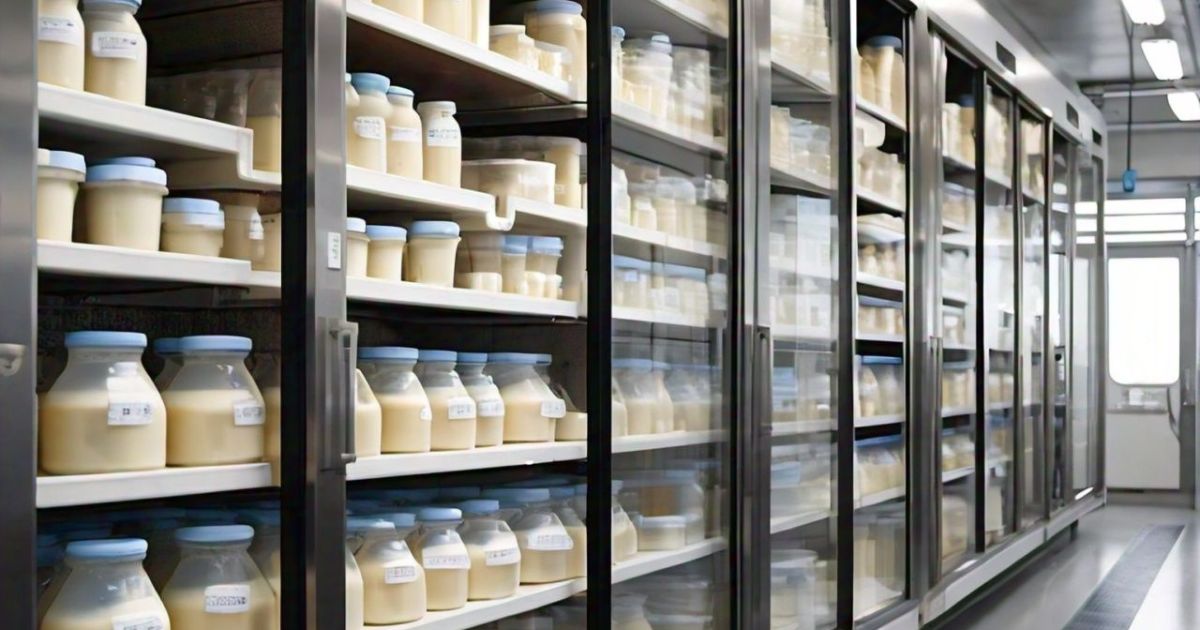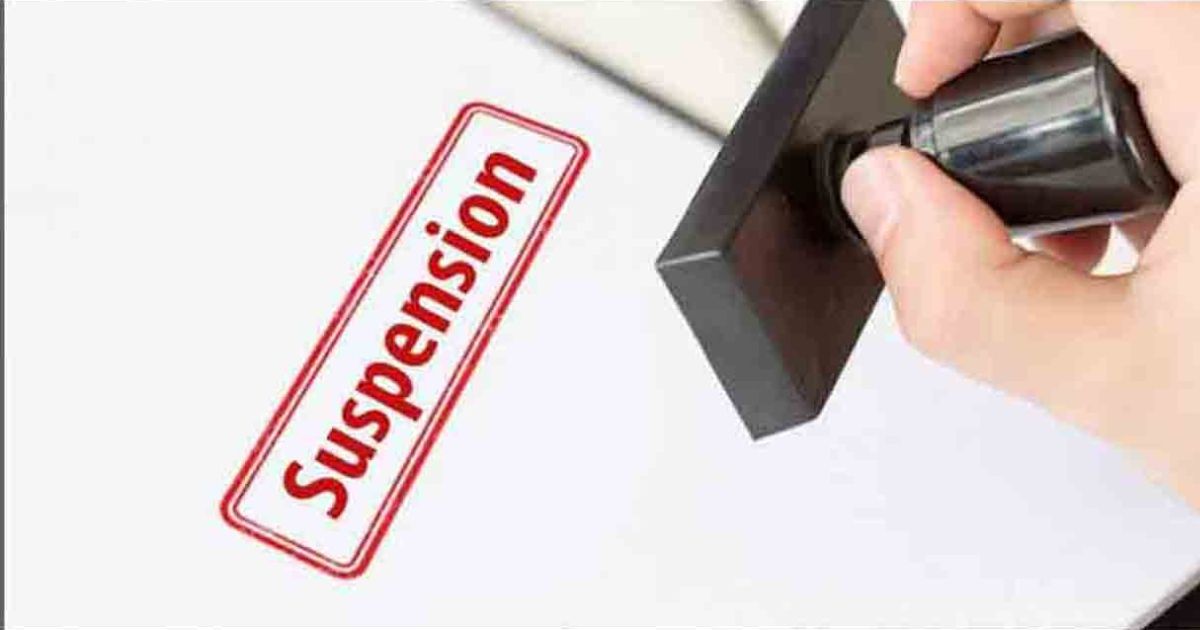Pakistan’s First Milk Bank
The first human milk bank in Pakistan, also known as the first Shariah-compliant human milk bank, was established at the Sindh Institute of Child Health and Neonatology (SICHN) in Karachi. It launched in April 2014 with the name “Star Mothers Milk Bank,” according to some sources, though it might have operated under a different name initially.

What is a human milk bank?
A human milk bank, also known as a breast milk bank or lactarium, acts like a lifeline for babies who can’t get breast milk directly from their mothers. Here’s how it works
- Donation – Moms who are breastfeeding and have extra milk can donate it to the bank. Strict screening ensures the mothers’ health and suitability for donation.
- Processing – Donated milk undergoes rigorous testing for diseases and contaminants. It’s then pasteurized, a heat treatment that destroys harmful bacteria while preserving the goodness of breast milk.
- Distribution – The pasteurized donor milk is frozen for storage until needed. It’s primarily provided to premature or sick infants in neonatal intensive care units (NICUs) who are unable to receive their mothers’ milk directly.
Human Milk Bank in Karachi Suspended After Revised Fatwa (June 2024)
Karachi, Pakistan – A vital initiative aimed at providing essential nourishment to infants in Karachi has been placed on hold following a shift in religious guidance. The Human Milk Bank, launched earlier this year, was initially endorsed by a fatwa (Islamic legal ruling) issued by Darul Uloom Karachi. However, a revised fatwa dated June 16, 2024, has led to the program’s suspension.
Understanding the Situation
The Human Milk Bank aimed to bridge the gap between mothers with excess breast milk and infants in need. Donated milk would be screened, pasteurized, and stored for distribution to premature or underweight babies who are unable to receive nourishment directly from their mothers. This initiative held immense potential to improve infant health outcomes in Karachi.
The Impact of the Revised Fatwa
The specifics of the revised fatwa and the reasoning behind it have not been made public. However, its issuance has caused the suspension of the Human Milk Bank’s operations. This has sparked discussions and raised concerns about the potential impact on the health of vulnerable infants.
The specific details of the revised fatwa issued in June 2024 suspending the human milk bank in Karachi haven’t been made public. However, based on Islamic principles and discussions surrounding milk banks, here are some possible reasons
Milk Kinship (Radaa)
As mentioned earlier, Islamic law recognizes milk kinship established when a child breastfeeds from a woman other than their biological mother a specific number of times. This creates kinship ties that could restrict marriage options. The fatwa might express concern about ensuring proper tracking and record-keeping to avoid milk kinship issues between donor mothers and recipient babies.
Logistical Challenges: Implementing a system that meticulously tracks donors and recipient babies to manage milk kinship across a large population could be logistically complex. The fatwa might highlight these challenges and raise concerns about the practicality of maintaining a milk bank within the framework of milk kinship rules.
Alternative Approaches
The fatwa might advocate for alternative solutions like establishing milk banks exclusively for Muslim mothers and babies. While this eliminates milk kinship concerns, it could limit the bank’s reach and ability to serve a broader population of infants in need.
It’s important to understand that a fatwa is a legal opinion issued by a scholar based on their interpretation of Islamic law. In this case, the revised fatwa might prioritize addressing milk kinship concerns but could have unintended consequences for infant health.
